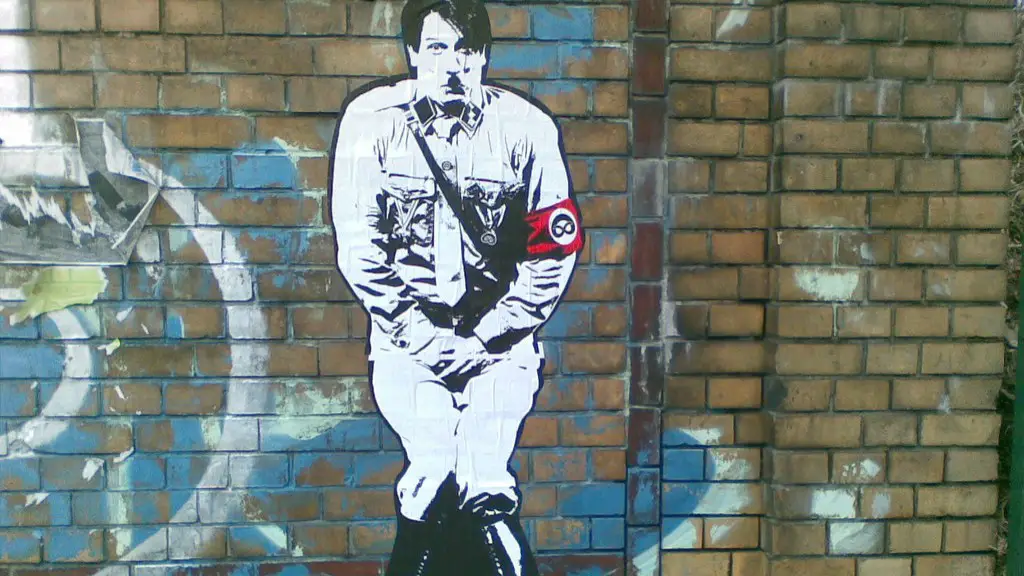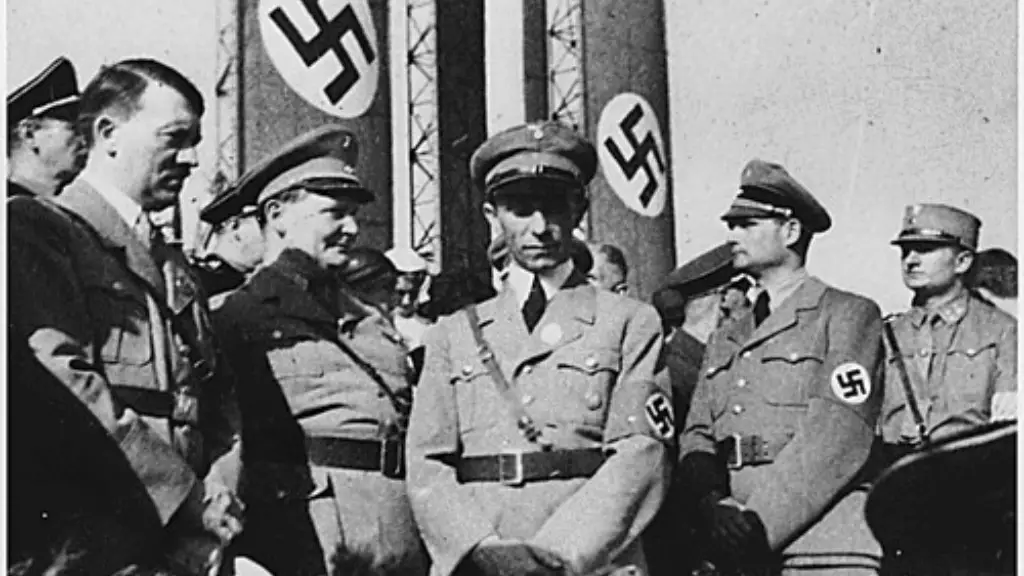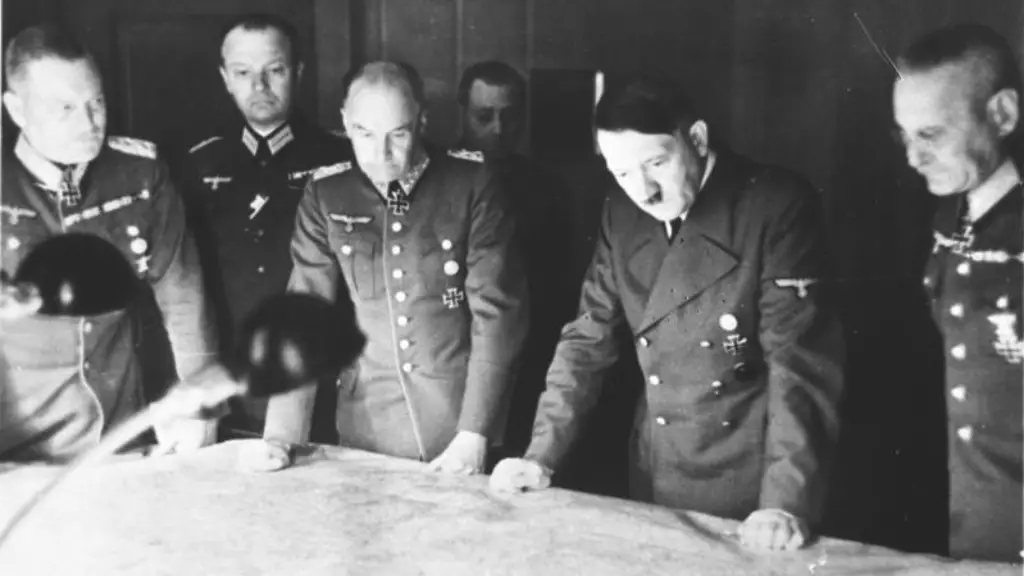Introduction
Adolf Hitler is best known for his role in the rise of Nazi Germany and the Holocaust during World War II. However, before he became a world-famous politician and dictator, he was a struggling artist and author. In 1924, Hitler wrote his first book, entitled “Mein Kampf”. It is a 25 chapter book that details his political ideas, thoughts and plans for Germany. In the book, Hitler lays out his ambitions and vision for a National Socialist Germany, a Germany free from the “internal enemies” of Jews, Bolsheviks and Marxists. In addition, he calls to arms the German people to fight the “external enemies” of the French and British. This article will explore the contents of Mein Kampf and examine how Hitler’s ideas can still be felt in the world today.
Overview
Mein Kampf, meaning “My Struggle”, was intended as a blueprint for Nazi Germany. In it, Hitler outlines his thoughts on the “Jewish question”, his theories on race and his ideas for a “Master Race”. He also lays out his idea of “Lebensraum”, which translates to “living space”. This is the expansionist policy that would lead to the extermination of millions of Jews, Poles and Russians during World War II. In addition, Hitler expresses his belief that war is an important and necessary tool to be used in unifying the German people.
The Anti-Semitic Ideology of Mein Kampf
One of the central themes of Mein Kampf is Hitler’s anti-Semitic beliefs. He calls for the extermination of Jews in Germany and the expansion of German territory eastward. He claims that the Jews have too much power and influence in Germany and must be eradicated so the nation can be unified and the “Aryan race” can prevail. Historians have interpreted this as a call for “racial hygiene” and ultimately the Holocaust.
Hitler’s Theory of Race
Hitler claimed that there was a hierarchy of races, and that the German “Aryan” race was at the top and was superior to all other races. He believed that the German people, through their superior “Aryan” genetics, were entitled to the land and resources of other races. This formed the basis for his policy of expansionism, which was intended to give the German people more land and resources to fuel their economy and military.
The Impact of Mein Kampf
Mein Kampf has had a profound and lasting impact on the world. In Germany, it has been banned since 1945 and is only allowed to be printed for scholarly and educational purposes. Historians have argued that, without the ideas contained in Mein Kampf, the Holocaust might never have happened. The book has also been cited as a major influence on the Ku Klux Klan, white supremacists, and extremist groups around the world.
Analysis of Hitler’s Ideas
Hitler’s ideas in Mein Kampf have been widely criticized and condemned by historians and political scientists. They have argued that his beliefs are based on faulty assumptions and are profoundly anti-Semitic and racist. Critics have also argued that his expansionist policies and “Lebensraum” ideology were misguided and ultimately resulted in the deaths of millions of innocent people.
Modern Relevance
Though the world has changed drastically since Hitler wrote Mein Kampf, his ideas can still be seen in extremist groups around the world. White supremacists, Neo-Nazis and other hateful ideologies echo the same beliefs about racial superiority and the imperative for expansion and extermination found in Mein Kampf. Though the world has evolved, it is clear that the hateful and misguided ideas of Adolf Hitler continue to haunt us today.
Conclusion
Adolf Hitler’s book, Mein Kampf, was intended as a blueprint for the future of Germany and the world. In it, he outlines his thoughts on race and his plan for expansion and extermination. The ideas contained in this book are abhorrent and continue to be relevant in modern discourse. Though one may hope that such ideas will no longer be seen in the world, they continue to persist in the form of hate groups, white supremacists and Neo-Nazis. The world must remain vigilant in combating these beliefs and working towards a world that is free of such ideologies.


